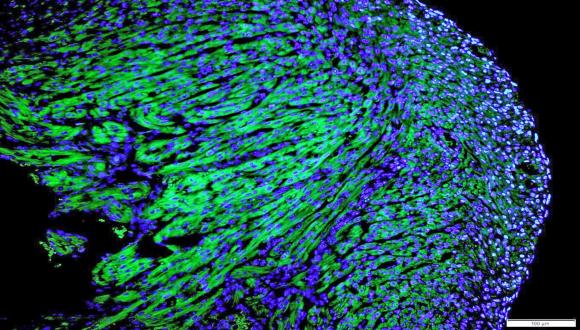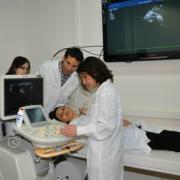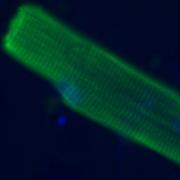Cardiovascular Research
Our researchers address key issues in modern cardiology with a wide spectrum of techniques. Their research occurs at the Neufeld Cardiac Research Institute and within affiliated clinical sites, such as the Tamman Cardiovascular Institute at Sheba Medical Center.
|
"Normal and Diseased Potassium Channels in Human Brain and Heart" |
|
|
Prof. Bernard Attali, Ph.D. uses the powerful combination of molecular biology, biophysics, biochemistry and electrophysiology to elucidate the structural, biophysical and physiological attributes of potassium channels in the human brain and heart. The research aims to see how associated mutations lead to major neurological and cardiovascular disorders like epilepsy, myokymia, atrial or ventricular fibrillation.
|
|
| "Signal Transduction by Neurotransmitters in Brain & Heart in Health & Disease" | |
|
Prof. Nathan Dascal, Ph.D. researches how neurotransmitters regulate cardiac cells and neurons by acting on ion channels– proteins that underlie the electrical activity in these cells; and how errors in these processes cause disease.
|
|
| "Mechanisms, Regulation and Pharmacology of Calcium Transporting NCX Proteins" | |
|
Prof. Daniel Khananshvili, Ph.D. focuses his research on the Na+/Ca2+ exchanger proteins (NCX) and their role in heart failure, cerebral ischemia, hypertension, etc. His lab is working to develop new experimental approaches for selective pharmacological targeting of tissue-specific NCX variants.
|
|
| "Cardiovascular Regenerative Medicine and Targeting of Inflammation and Fibrosis" | |
|
Prof. Jonathan Leor, Ph.D. studies cardiovascular regenerative medicine, stem cells and tissue engineering. His lab aims to target cardiovascular inflammation and fibrosis using novel nano-medicine and a theranostic (therapy + diagnosis) approach.
|
|
| "Investigating the Cardiac Autonomic System Among Brain Damaged Patients" | |
|
Dr. Michal Katz-Leurer, Ph.D. studies the connections between physical disability and the cardiac autonomic regulation system. Her lab assess the cardiac autonomic response to different stimulus and its immediate and long- lasting adaptation to different physical training protocals.
|





